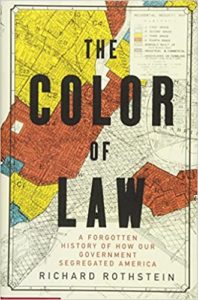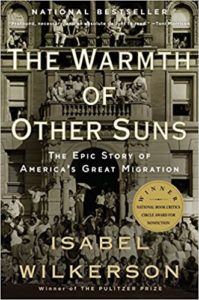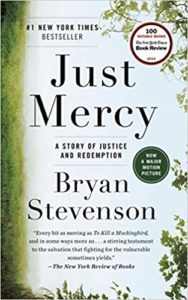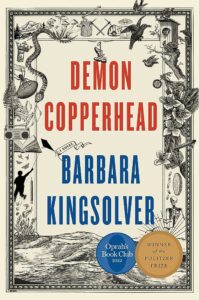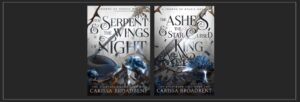“Eviction’s fallout is severe. Losing a home sends families to shelters, abandoned houses, and the street. It invites depression and illness, compels families to move into degrading housing in dangerous neighborhoods, uproots communities, and harms children. Eviction reveals people’s vulnerability and desperation, as well as their ingenuity and guts.” – Evicted by Matthew Desmond
The Gist
Matthew Desmond, a Princeton sociologist, follows eight families in Milwaukee as they struggle to keep a roof over their heads. Through first-hand accounts and interviews, Desmond gives you an in-depth look into poverty in a medium-sized American city. Desmond delves deep into why families are evicted and the consequences from that eviction. With wild statistics and descriptions of housing that make you cringe, the author is able to bring home what poverty and eviction look like.
A Shocking, In-Depth Look Into Poverty and Eviction
This book is fantastic. If you have any interest in reading about the affordable housing crisis in the United States, then this is the place to start. Desmond makes you feel like you’re right along with these families as they struggle to make rent and to keep their kids fed and in school. The research he expounds is extremely insightful and helps you understand the cycle of poverty and what eviction can do to families.
What I learned from Evicted
I never think of Milwaukee as a segregated city…mostly because I just don’t think about Milwaukee at all, but Desmond’s explanation of racial segregation in the city helps the reader understand the context in which his research is conducted. Milwaukee is essentially made up of four parts – black, Hispanic, poor white, and nice white neighborhoods. Apparently, Milwaukee had zoning and other housing laws until the late 1960s to early 1970s that required racial segregation in the city.
With that as context, Desmond dives deeper into the poorer black and white neighborhoods and follows families in both. In Milwaukee’s poorest black neighborhoods, 1 female renter in 17 was evicted, which was twice as often as men from those same neighborhoods and nine times as often as women from the city’s poorest white areas. According to his research, women from black neighborhoods made up 9 percent of Milwaukee’s population and 30 percent of its evicted tenants. “Poor black men were locked up. Poor black women were locked out.”
Another shocking statistic is the toll eviction takes on a person’s psyche. “One in two recently evicted mothers reports multiple symptoms of clinical depression, double the rate of similar mothers who were not forced from their homes.” For example, when several patients committed suicide days before their eviction hearing, psychiatrists came together to research the phenomenon. According to a published letter in Pscyhiatric Services, this group of psychiatrists identified eviction as a “significant precursor of suicide.”
Desmond’s Research
The reason this book is so good is because of the narrative way of telling each family’s story. Desmond lived in the black neighborhood he studied, made friends with the people he interviewed, and tried to help the ones he could – even if it was just a ride to look for housing. He also lived in the white trailer park he conducted interviews in. He got up close and personal with these people and their level of poverty. By doing so, I think the story he tells is even more gripping and emotional. Instead of washing your hands of poverty and judging what you don’t understand, Desmond gives poverty and eviction faces and names and helps dispel the notion that poverty is only caused by laziness.
The American Dream?
The American Dream is the ability to become something from nothing – to own a home, to have a stable job, and to be able to care for your family. What the majority of Americans refuse to face are two-fold: (1) not everyone is starting on the same foot; and (2) not everyone faces the same obstacles to reach the American Dream.
I think this book gives insight into why the American Dream isn’t available for everyone and why it’s important for housing to play a larger role in public policy. Kids that have stable housing are more likely to go to school, eat better, and graduate from high school. Stable housing also provides stable communities. When families don’t move from place to place and become invested in their home and community, then you have people that care about where they live. They care about the neighborhood and keeping the streets clean. When families feel like their living situation is only temporary, then there’s no need to get attached to your house or your community.
Read this book!
Even if you don’t feel like housing is interesting, this book is just plain good. You learn and you get invested in these families and finding out what happens to them. It riles you up and makes you want to go out there and fight for affordable housing. If you’re a fan of nonfiction, then this book is for you. If you’re interested but want to read a few more reviews, click here.
Liked Evicted? Here are a few similar reads:
Alyssa Flores
Alyssa reads hundreds of books a year and is on a never-ending quest to find the perfect book.


